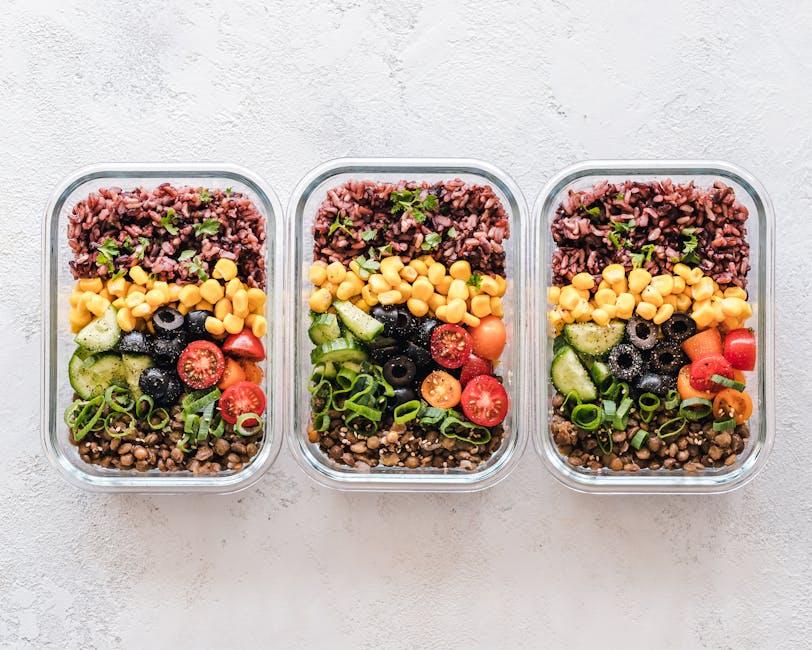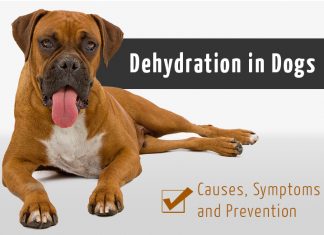Welcoming a new puppy into your home is an exciting and joyful experience, but it also comes with a host of responsibilities. One of the most crucial aspects of raising a healthy and happy pup is ensuring they receive the right nutrition from the start. With countless options and opinions on what constitutes the best diet for your furry friend, meal planning can quickly become overwhelming for first-time pet parents. Fear not! “” is here to simplify the process and provide you with the knowledge and confidence needed to make informed decisions about your puppy’s diet. Whether you’re navigating the aisles of your local pet store or considering homemade options, this guide will walk you through the essentials of puppy nutrition, meal scheduling, portion control, and much more, all with a warm and supportive approach. Let’s embark on this journey together to ensure your puppy grows into a healthy, energetic, and well-nourished companion.
Understanding Puppy Nutritional Needs and Growth
Welcoming a puppy into your home is a joyful experience, but it also comes with the responsibility of ensuring their healthy growth through proper nutrition. Puppies have unique dietary needs that differ significantly from adult dogs. During the first year, they undergo rapid development, which requires a balanced intake of nutrients. Protein is vital for building strong muscles, while calcium and phosphorus are crucial for developing sturdy bones and teeth. Essential fats provide the energy necessary for their active lifestyle and support cognitive function.
To ensure your puppy thrives, consider these key nutritional elements:
- High-Quality Protein: Look for sources like chicken, beef, or fish in their food.
- Essential Vitamins and Minerals: Ensure the diet includes a range of vitamins, particularly A, D, and E, as well as minerals like zinc and selenium.
- Healthy Fats: Omega-3 and omega-6 fatty acids support brain development and a shiny coat.
- Fiber: Helps with digestion and maintaining a healthy gut.
By focusing on these components, you can help your puppy develop into a healthy adult dog. Always remember to adjust their meal portions according to their age, size, and activity level to avoid overfeeding, which can lead to obesity and other health issues.

Creating a Balanced Meal Plan for Your Puppy
Crafting a meal plan for your puppy that promotes healthy growth and development involves striking the perfect balance between essential nutrients and portion control. Puppies require a diet rich in proteins, fats, carbohydrates, vitamins, and minerals. Proteins are crucial for muscle development, while fats provide the energy needed for their boundless energy. Carbohydrates, though not as essential, can offer additional energy and dietary fiber.
- Consult with your veterinarian: Before making any decisions, seek professional advice to ensure your puppy’s specific needs are met.
- Choose high-quality ingredients: Opt for whole foods and avoid fillers or artificial additives.
- Maintain consistency: Puppies thrive on routine, so stick to regular feeding times and amounts.
- Monitor portion sizes: Adjust portions based on your puppy’s growth, activity level, and breed size.
- Incorporate variety: Introduce new foods gradually to avoid digestive issues and ensure a well-rounded diet.
Remember, every puppy is unique, so what works for one might not work for another. Stay attentive to your puppy’s response to their diet and be ready to make adjustments as they grow. Your loving care and attention to their nutritional needs will set the foundation for a happy and healthy life.

Tips for Selecting the Best Puppy Food and Treats
Choosing the right food and treats for your puppy is crucial for their growth and development. To ensure you make the best choice, consider the following tips:
- Check the Ingredients: Look for high-quality proteins like chicken, beef, or fish as the first ingredient. Avoid foods with excessive fillers such as corn or soy.
- Understand the Nutritional Needs: Puppies require a diet rich in proteins, fats, vitamins, and minerals. Ensure the food is specifically formulated for puppies to support their rapid growth.
- Consider Any Allergies: Be mindful of any food allergies your puppy may have. Common allergens include wheat, dairy, and certain meats. Opt for hypoallergenic options if necessary.
- Choose Age-Appropriate Treats: Select treats that are soft and easy to chew for young puppies. Treats should also be nutritious and not make up more than 10% of their daily caloric intake.
By paying attention to these key factors, you can help ensure your puppy’s meals and treats are both nutritious and enjoyable, setting them up for a healthy and happy life.
















